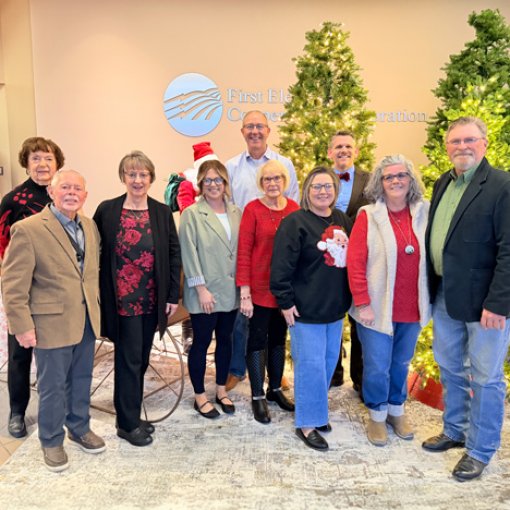
First Electric App
Easily pay
your bill
Download the app
Pay My Bill
Billing Options
Electrical Service
Net Metering
Energy Savings Opportunities
About
News

Through Operation Round-Up, First Electric members turn pocket change into powerful community impact — simply by rounding their bill up to the next dollar. Since 1998, that small gesture has added up to more than $1.7 million supporting local nonprofits and opening doors for students through scholarships.

Energy Savings Opportunities
About
News

Through Operation Round-Up, First Electric members turn pocket change into powerful community impact — simply by rounding their bill up to the next dollar. Since 1998, that small gesture has added up to more than $1.7 million supporting local nonprofits and opening doors for students through scholarships.